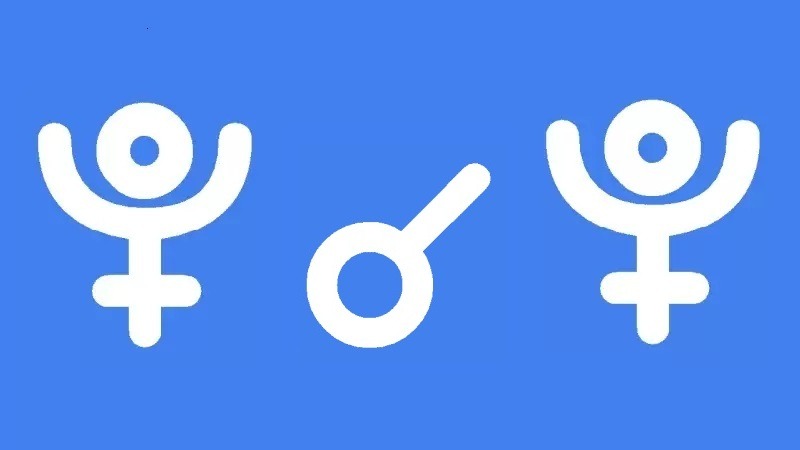
Pluto conjunct Pluto transit only happens if you are one of the 40% of people who were born with Pluto retrograde, and it occurs up to the age of ten months. As Pluto moves so slowly, the effects are similar to natal Pluto retrograde but are more intense closer to the exact transit.
Your birth may have been premature, required an emergency cesarean or was in some way traumatic or complicated. Perhaps your mother could not breastfeed because of mastitis, or was unable to care adequately because of a medical issue or postnatal depression.
You may have suffered or been neglected if your parents were mentally ill, lived in poverty, or were addicted to drugs or alcohol. There may have been drama, a crisis, or a tragedy in your parents’ family. Your parents may have separated, suffered illness, lost employment or been incarcerated.
A common effect of this transit is being subject to an intense or dramatic environment because of people trying to gain control, power or influence over you. Examples include an acrimonious custody battle, adoption, kidnapping, or your parents being investigated by family services.
Rivalries between grandmothers are also possible. One of them in particular may use ruthless, extreme or manipulative methods to interfere and meddle.
It is also possible that your birth triggered a significant transformation in one or both of your parents. They may have given up a bad habit or addiction, or completely turned their life around.
The intensity subsides once this transit has passed, but the effects can stay for a long time. You may be well into adulthood before even learning about some of your parents’ secrets. Counseling, or at least talking to your parents or a close friend about your early exposure to trauma, will help you evolve.
The effects of Pluto conjunct Pluto transit are most marked if you were born when Pluto was stationary retrograde. They will be modified by planetary aspects to Pluto and any fixed star conjunctions.